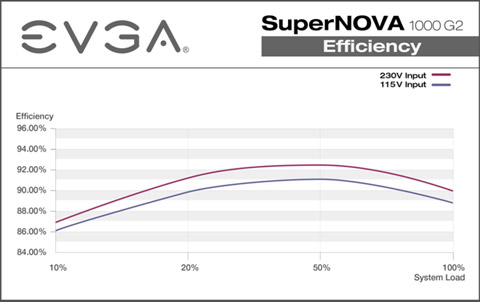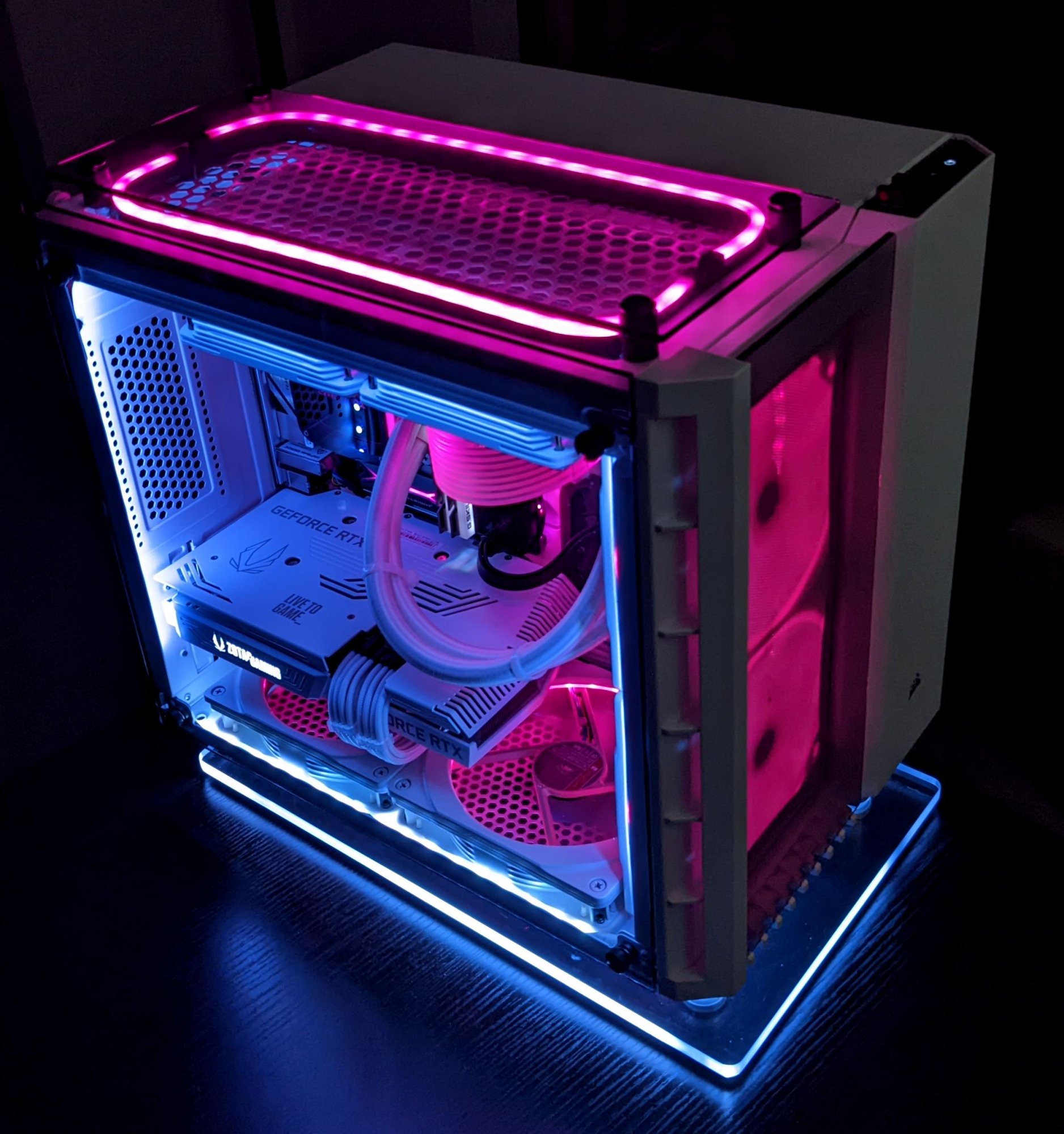jlbenedict
2[H]4U
- Joined
- May 22, 2005
- Messages
- 2,206
Paying up for a 1000+ watt PSU when my system will draw maybe 550 at any given time is just a flat waste of money.
This kind of crap is rampant over in Reddit... the excuse is always "but I'll upgrade in the future..." or the all famous "transient spikes" GTFO... i understand having a little buffer.. that is the way we did it in the "old school days" and still now... maybe 100w extra than what the system will pull, if overclocked and everything max power draw..
I guess inefficiency is no longer a consideration when choosing a PSU
![[H]ard|Forum](/styles/hardforum/xenforo/logo_dark.png)

